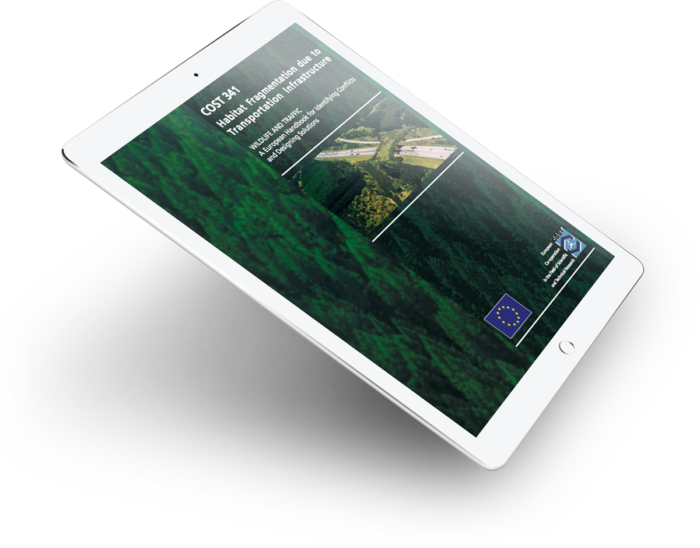The IENE conference “Connecting People, Connecting Landscapes” took place from 19 to 23 2022, as a hybrid online and in-person event in Cluj Napoca, Romania.
IENE 2022: Watch our key speakers sessions
AN INTEGRATED APPROACH FOR MAINSTREAMING BIODIVERSITY INTO TRANSPORT NETWORKS
Transport networks are driven and influenced by a multitude of factors and have a complex impact on natural environment. While important progress has been made to understand this impact and to avoid, mitigate or compensate for it, a lot more is needed for properly addressing this impact at landscape level. Cooperation between stakeholders and specialists from different sectors as well as the support of the general public is crucial for developing functional and sustainable solutions. We are inviting you to explore together the current state of play*, to discuss the gaps, needs and solutions, looking back for lessons learned and ahead for future challenges and opportunities.
- * from policies and financing to planning and environmental impact assessment, from design, implementation to operation, upgrading and decommissioning, from monitoring, research and learning to updating and improving, from communication, awareness rising to efficient consultations and collaboration.
The three Conference themes are:
Theme 1: MAINSTREAMING BIODIVERSITY INTO TRANSPORT SECTOR: The state of play and calls for future strategic actions
A general overview of mainstreaming biodiversity into transport sector efforts will provide the context for future strategic actions needed and will set the stage for the more in-depth discussions under themes no. 2 and 3.
Theme 2: EXPERIENCES, CHALLENGES AND OPPORTUNITIES RELATED TO TRANSPORT ECOLOGY: What works and what doesn’t for harmonising transport and biodiversity?
Discussions will focus on what we learned from transport ecology experience: how we could identify good or bad practices, how to make best use of existing resources and how to adapt the available knowledge to the local context. Looking ahead, what are the challenges and opportunities of the future for transport ecology?
Theme 3: INTEGRATED SOLUTIONS FOR ECOLOGICAL CONNECTIVITY: Cross-sectoral cooperation, transdisciplinary learning and awareness rising.
Discussions will focus on the objective of safeguarding connectivity at the landscape level and on the challenges and solutions for cooperation between the relevant sectors (transport, nature conservation, agriculture, forestry, water management, game management, tourism, spatial planning, etc.) in order to develop integrated solutions. We will discuss the need for transdisciplinary learning and the challenges of effective communication.
Visit the IENE conference website: https://2022iene.info/
